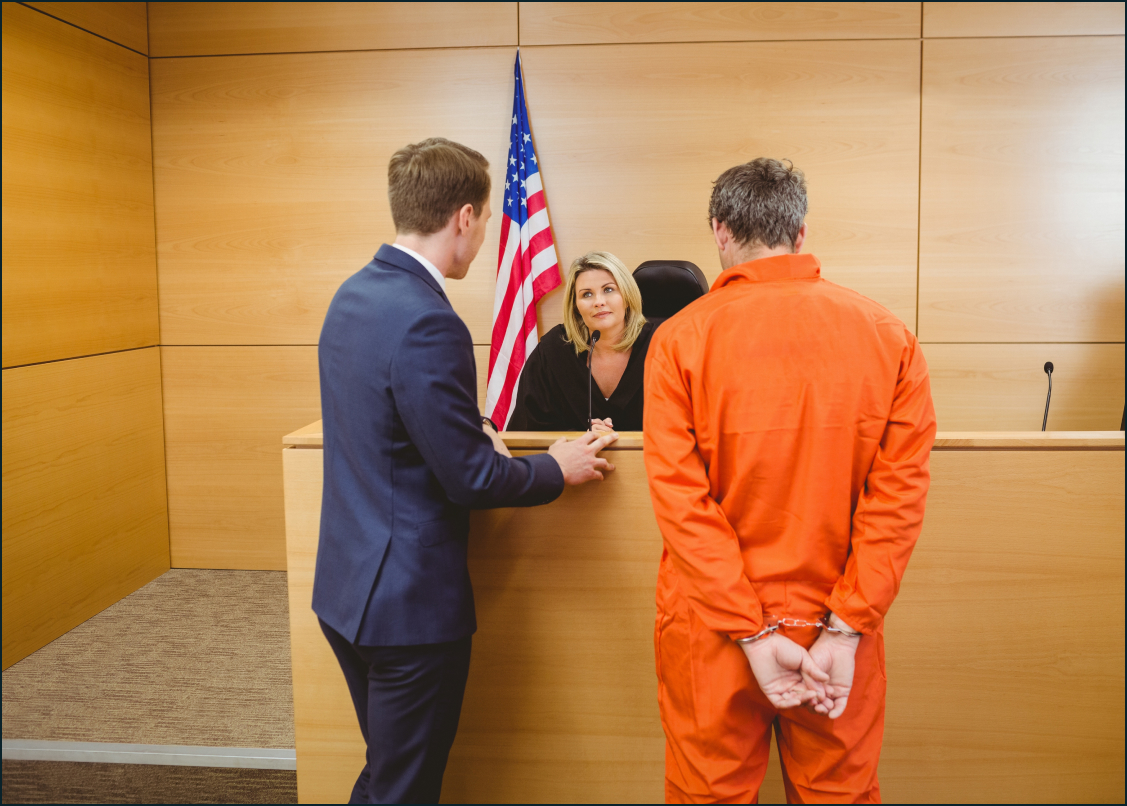If you are accused of committing a crime, you’ll probably have bail set for you. There is a lot of confusion about bail, how it works, and what people ultimately need to pay to be released from jail. Our Dallas County criminal lawyers can help you figure out what needs to be done to leave jail and advise you on how to fight any of the charges against you.
What Affects the Bail Amount?
The sheriff often sets the initial bail amount, but a judge can set the final amount. It can be the same as the initial amount, more, or less. This all depends on what the judge thinks is appropriate.
The judge won’t just pick a number at random though. They consider a few different factors before they set the final amount. Important elements include:
- The severity of the crime
- Your criminal history
- What kinds of ties to the community you have
- Whether you are employed
How Can I Post Bail?
There are a few ways to post bail once the amount has been determined. In some cases, you may not have to pay at all. If you are released on a “recognizance bond” you will just have to promise to return to court when required and follow any rules the court sets regarding your release.
If there is a set amount that the court wants you to pay in order to get out of jail, you can use a “cash bond” to make bail. This requires you or someone else to pay the entire amount set by the judge. This will be refunded once the case concludes, provided that you show up to all court dates without issue.
Another option is using a surety bond. You pay 10% of your bail and the bail bondsman would cover the rest. That 10% you paid and any fees you paid are kept by the bondsman or bonding company.
What Should I Do After Being Released?
You should do two things after you are released on bail. First, make sure that you know all of the terms of your release. Violating any of the rules set for you can land you in even more legal trouble. There could be rules about travel, attending drug treatment programs, or staying away from any victims or witnesses involved in your case. Obviously, committing another crime can also be grounds for revoking your bail.
Next, make sure that you talk to an attorney. Even if the charges against you seem minor, you need to defend yourself. You do not want to add to a criminal record or ruin a clean record because you were too lazy to seek out representation that had your back.
Contact Our Law Firm
You should have someone looking out for your best interests when the state has leveled criminal charges against you. Contact Iowa Defenders and schedule a consultation with our team. We will help you defend yourself from any accusations and do our best to pick apart the prosecution’s case on your behalf.

